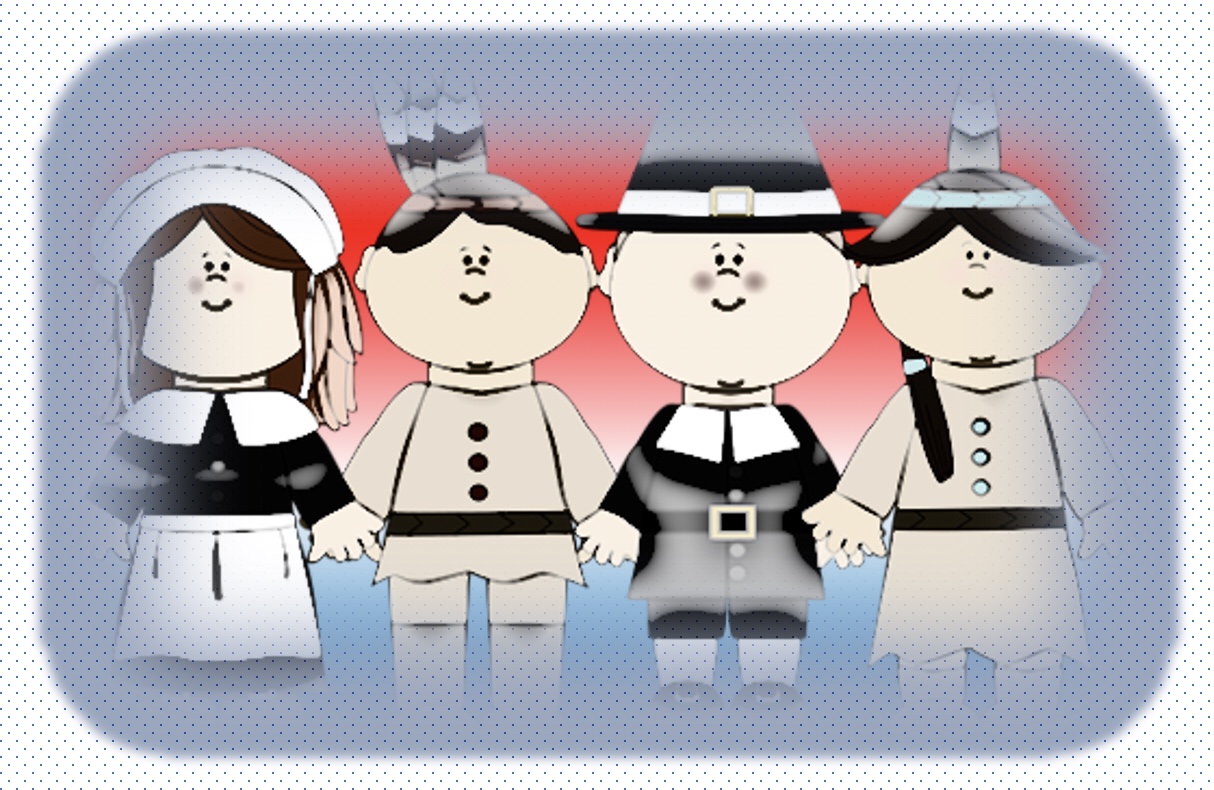Americans are confused and conflicted about tipping. How much should you tip, and when? Is tipping an obligation or a gift? Is it a standard service charge, or a reward for excellent service?
Tipping lies somewhere in the murky middle, as a customary “gift” that is not obligatory. Even though tipping is not required, it can feel like an obligation. In many cases, you can’t pay the bill until you tip. This offends the Grinches among us, who dread the tipping screen. Some stingy Scrooges even dare to write a zero on the credit card receipt or refuse to finger that dreaded screen.
The most authentic gifts are spontaneous and unexpected. Gifts like this are “gratuitous,” which means freely given. That word is related to the word “gratuity,” which is a synonym for “tip.” A gratuity is not a service charge, since it is voluntary. Gratuitous also means excessive or even unwanted, as in the phrase “gratuitous violence.” A gratuity is supposed to be a beneficial gift. But there is a sense that it may be excessive.
Which leads to the question of how much to tip. What’s the right amount? Pundits have warned about “tip-flation,” as the entry level amount on some tipping screens often begins at 18% or 20%. The 15% tip of yesteryear now seems quaint and cheap.
Whatever the rate, isn’t it odd to base a tip on a percentage? If I order an expensive cocktail for $20 and a friend orders a beer for $5, the bartender does basically the same work in serving us. But at 20% my tip is $4 and his is only $1. The same service results in different tipping amounts. This makes no sense, which is why it is frustrating.
Human interaction works best when there are clear rules. We value steady and predictable behavior. And in our economy, we don’t haggle or give bribes. Instead, we expect transparent and fixed prices. But tipping doesn’t work like that. The rules for tipping are unspoken and unclear. Even the Scrooges will pay what they owe. But what exactly do we owe for the tip? We want to do the right thing with tipping, but we are not sure what that is.
It can help to know how other people tip. You might check out an interactive new website called “Tipping Point, USA,” from the Pew Research Center, that allows you to compare your tipping behavior with others. The Pew Center’s data suggest that most people only expect to tip 15%. According to that source, people tip at sit-down restaurants, when getting a haircut, and at bars. But people generally don’t tip at coffee shops or at restaurants where there are no servers.
This implies that tipping is a kind of service charge. But if it is a service charge, why don’t they just weave it into the price, rather than leaving it up to the consumer to figure out? Service workers would benefit if the service charge were predictable. And consumers would be happy to have the mystery removed.
And yet, we can also learn to embrace this mystery. Gift-giving is supposed to be joyful. Tipping could also be an opportunity for joy. Tipping is, after all, a chance to give a gift to a stranger. A change in perspective can help us see tipping in a more generous light. Instead of viewing the tip as a dreaded obligation, we can view the gratuity as a chance to be, well, gratuitous.
And now, since this is the Christmas season, let’s consider the possibility that gratuitous joy is, as they say, the reason for the season. The Christian story tells us that the birth of Jesus was a gratuitous gift. More generally, the spirit of the season is about the gladness of giving.
It is fun to surprise friends and family with unexpected gifts. It can be more thrilling to give to a stranger. Try it at the coffee shop next time. How would it feel to give a gratuity that exceeds what the tipping screen allows? If we view tipping as an opportunity to spread good cheer, dread can turn into delight, and our Grinchy hearts may learn to glow with gratuitous joy.
Read more at: https://www.fresnobee.com/opinion/readers-opinion/article282517838.html#storylink=cpy



